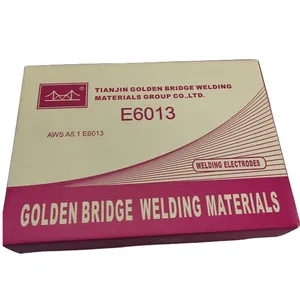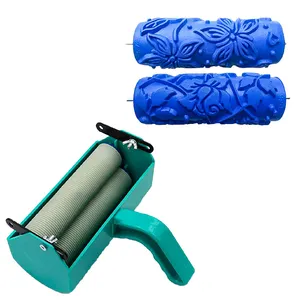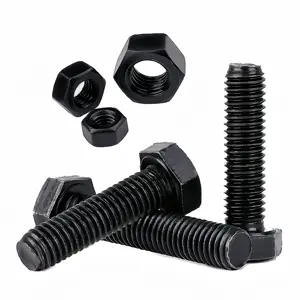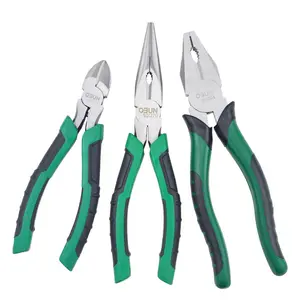Popular in your industry






























































Related Searches:
















































































































































Top categories
About deformed bar coupler
Understanding Deformed Bar Couplers
Deformed bar couplers are integral components in modern construction, designed to ensure a continuous path of reinforcement through spliced bars. These couplers are engineered to join deformed bars, which are commonly used in reinforced concrete structures. Their primary function is to provide a mechanical connection between bars, which can be more effective than traditional lapping methods.
Types and Applications
There are several types of deformed bar couplers, including threaded, swaged, and bolted couplers, each serving specific structural needs. Threaded couplers are widely used for their ease of installation and strong connection. Swaged couplers offer a slim profile and are often used where the coupler size is critical. Bolted couplers provide a unique solution for situations where neither bar can be rotated. The applications of these couplers are vast, ranging from building foundations, bridges, to civil engineering projects where structural integrity is paramount.
Material Insights and Features
The materials used for deformed bar couplers vary based on the application and the mechanical properties required. Generally, high-strength steel is the material of choice due to its durability and ability to withstand high tension. The features of these couplers include a deformed interior surface that ensures a secure grip on the bar, and a design that allows for full load transfer between bars. This design is crucial for maintaining the structural integrity of the connection under various loads and conditions.
Advantages of Deformed Bar Couplers
The advantages of using deformed bar couplers are numerous. They provide a more reliable and stronger connection than traditional lapping, save on material costs by reducing the length of overlap, and allow for ease of installation in areas with limited space. Additionally, they maintain the integrity of the bar's surface, which is essential for the long-term durability of the structure.
Complementary Components
While focusing on deformed bar couplers, it's also essential to consider complementary components such as pipe caps and P-traps. Pipe caps are vital for terminating lines securely, while P-traps are crucial in maintaining hygiene and preventing the ingress of sewer gases into habitable areas. These components, along with couplers, form a comprehensive system for a robust and efficient piping network.
Choosing the Right Coupler
Selecting the appropriate deformed bar coupler requires understanding the specific needs of a project, including the types of loads the structure will bear and the environmental conditions it will face. It is essential to consider the compatibility of the coupler with the type of deformed bars used and the overall design requirements of the system.


























































